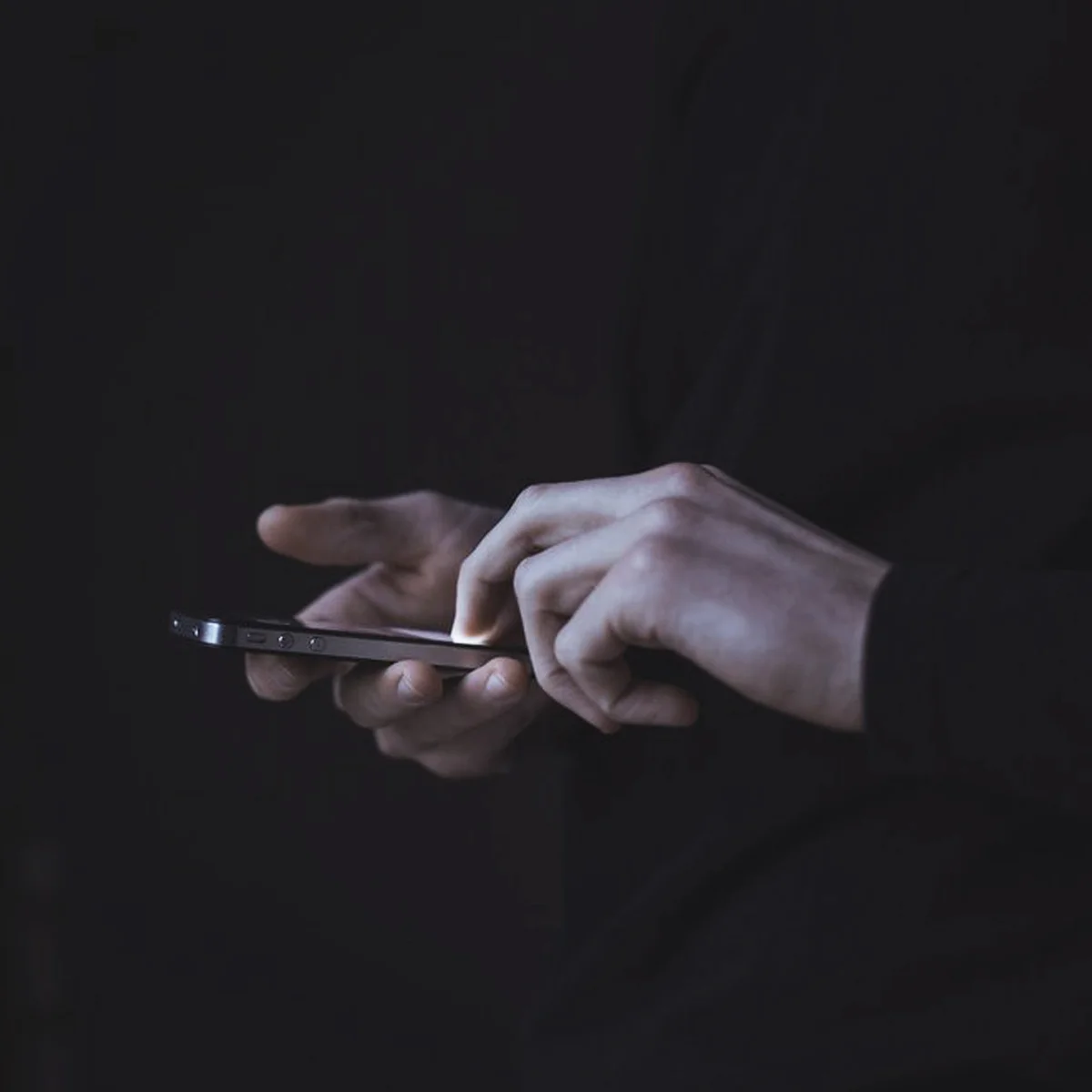SHIFTING TIDES: HOW WELLBEING IS EVOLVING IN THE WORKPLACE
The workday is finally over and you’ve made it to an evening yoga class, phone by the top of your mat in case someone from the office needs to get in touch. As you carry yourself through a vinyasa, notifications begin appearing at a rapid speed. For the second time this week, you must cut out of yoga early. Later that night, dinner with friends is also interrupted by the constant buzzing of work responsibilities. But this is just how it goes, right?
Our readily-available devices have forever changed the way we do business. In many ways, it’s great; We can skype into a meeting from home, email on the go, and save that extra fifteen minutes by getting lunch delivered to the office. However, with the benefits of blurring the line between work and play comes the drawback of perhaps mixing too much work into our designated downtime.
A full nine-hour workday can be stressful enough on it’s own; We have deadlines, meetings, and long assignments. In the last year, stress accounted for 35% of all work related health cases and 43% of all work days lost to illness.
In order to treat our colleagues with the love and respect they deserve, we must first take care of ourselves.
Modern work cultures are doing more harm than good. Many people feel that if they ignore the off-hour demands of their boss or fail to respond to emails, their work will suffer enormously. However, people need to fully re-charge before they dive back into another day’s work. Many are arguing that this lack of separation is actually making companies less efficient.
Our holistic well being suffers as we continue a vicious cycle of checking our phones first thing in the morning, working all day, and remaining ‘dialed in’ once we get back home. Our very delicate circadian rhythms being the first to feel this wrath. And the more our sleep cycles are altered, the worse the impacts are on our mental and physical health.
In order to treat our colleagues with the love and respect they deserve, we must first take care of ourselves. That’s exactly what many businesses are beginning to recognize. They’re also realizing that these problems are solved from the top down.
The tides are shifting. Companies as large as Wieden & Kennedy are beginning to enforce rules concerning work hours, only scheduling meetings between 10am and 4pm and expecting no more than 40-hour work weeks from their employees. France has even passed a law requiring both bosses and employees to refrain from work after they’ve retired for the day. In general, it's become the norm for 21st century work spaces to offer mindfulness, yoga, and wellbeing practices to their workers. The startup world has also begun to test the waters through implementing more flexible work environments and granting employees unlimited vacation days. While these are steps in the right direction, there still seems to be a disconnect. Businesses are now looking to technology to bridge this gap.
The business world has started bringing wearable technology into the workplace as a way of encouraging wellbeing. Could this mean that technology will offer workforces a solution for monitoring stress levels and preventing burnout? Many people are skeptical, particularly in terms of how managers and business leaders might abuse that access to biometric data. Exactly for this reason, technologists and businesses must work toward cultivating a humane data culture. Wearables could be hugely valuable toward increasing happiness in the workplace, and therefore also benefit productivity and combat the stress epidemic.
No matter the method, we champion work cultures that shift away from an ‘always on’ mentality and move toward doing work that is more focused, efficient and balanced. There are many challenges as we sail through uncharted waters, but the future is looking remarkably brighter from our place at the helm.
Eve Palmer is a marketing associate at VINAYA and a journalism student at NYU. She enjoys reading, running, and going to concerts.











